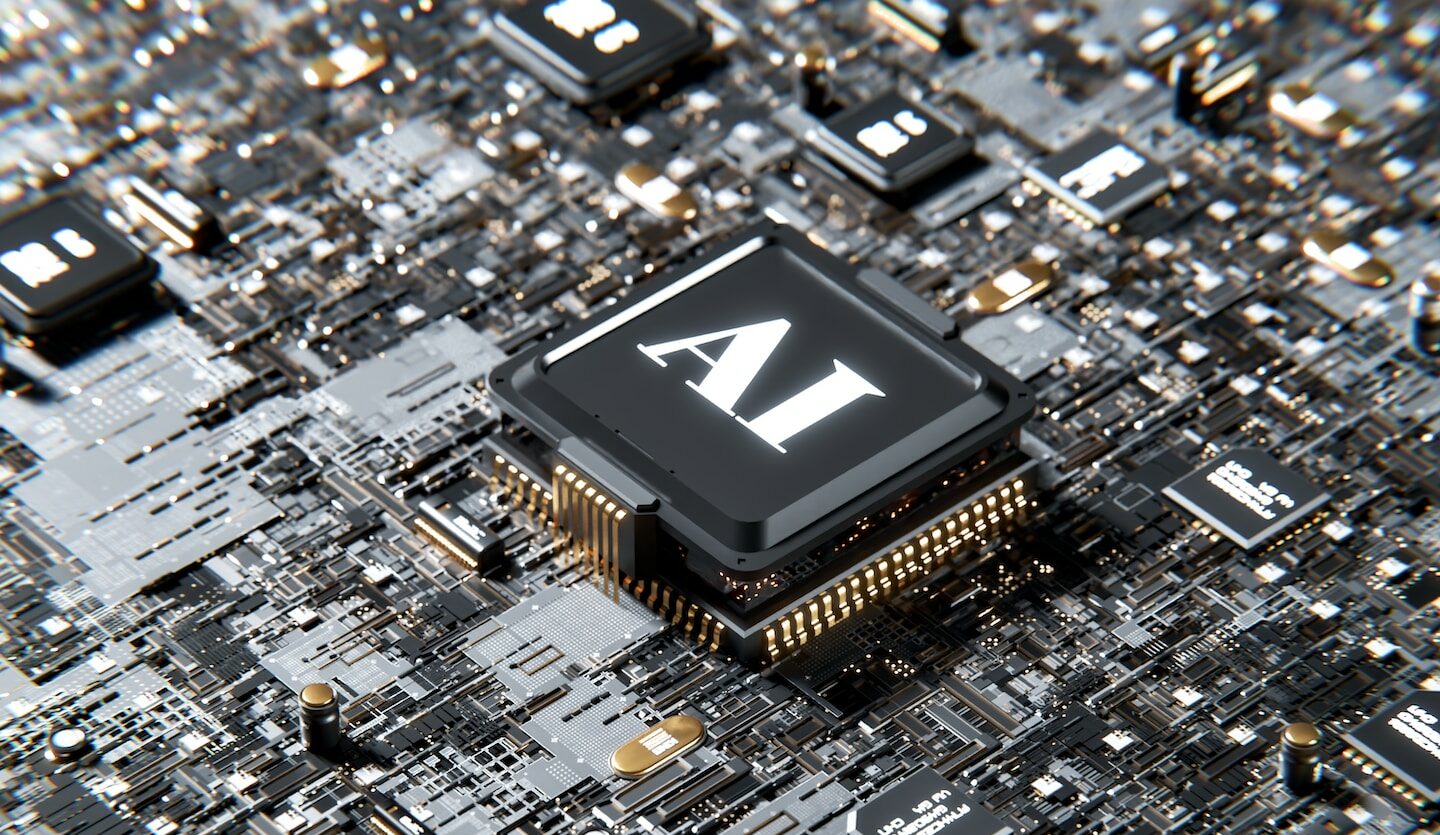
Photo by Igor Omilaev on Unsplash
UK Court Says AI Cannot Be Recognized as an Inventor on Patent Applications
December 21, 2023
A pivotal ruling took place this Wednesday as the U.K.’s highest court declared that artificial intelligence (AI) can’t be credited as an inventor in a patent application. This decision is poised to have far-reaching effects, especially considering the escalating use of AI tools.
This case surfaced when computer scientist Stephen Thaler filed two patent applications in 2018. One was for a uniquely designed food packaging shape, and the other involved a distinct type of flashing light. Instead of naming himself as the inventor, he preferred to credit his AI machine, named “DABUS,” for the innovation. Stephen claimed his right to the patents stemmed from his proprietorship of the “creativity machine ‘DABUS.’”
The U.K. Intellectual Property Office rejected Thaler’s patent application, citing the mandate for an inventor to be a person. Thaler contested this in various courts, asserting that he met all 1977 patent legislation criteria, but his appeal was denied. The Supreme Court maintained that under existing law, an “inventor” must be a “natural person,” dismissing Thaler’s claim based on owning DABUS, the AI tool that invented the patentable products.
Thaler’s claims were rooted in his ownership of DABUS, admitting he was not the direct inventor, leading to concerns about the adequacy of current U.K. patent law to protect AI-generated inventions. Similar issues were encountered in the U.S., which also mandates human inventors for patents. For example, in April, Thaler tried to challenge “the U.S. Patent and Trademark Office’s refusal to issue patents for inventions his artificial intelligence system created,” but the U.S. Supreme Court rejected his appeal.
Patent litigator Tim Harris suggested that the U.K. court’s stance might have been different if Thaler had presented himself as the inventor, taking assistance from DABUS, a high-level tool. The Supreme Court refrained from addressing whether autonomous AI advancements should be patentable.
Recent News
Tesla Employee Sleeps in Car, Loses Job Amidst Layoffs
Tesla, the Texas-based automaker, recently conducted layoffs affecting at least 10% of its staff. Among them was Nico Murillo, a production supervisor at the Freemont facility, who shared his layoff experience on LinkedIn.
Emergency Slide That Fell Off Delta Plane During Flight Found
The emergency slide was found 10 miles from JFK Airport.
Krispy Kreme Debuts New Rewards Program
Krispy Kreme is introducing a new program that piggybacks on its existing Krispy Kreme Rewards.
WeWork’s Bankruptcy Exit Plan Revealed
WeWork is charting a new course to exit bankruptcy, but without its former CEO Adam Neumann in the driver’s seat.

